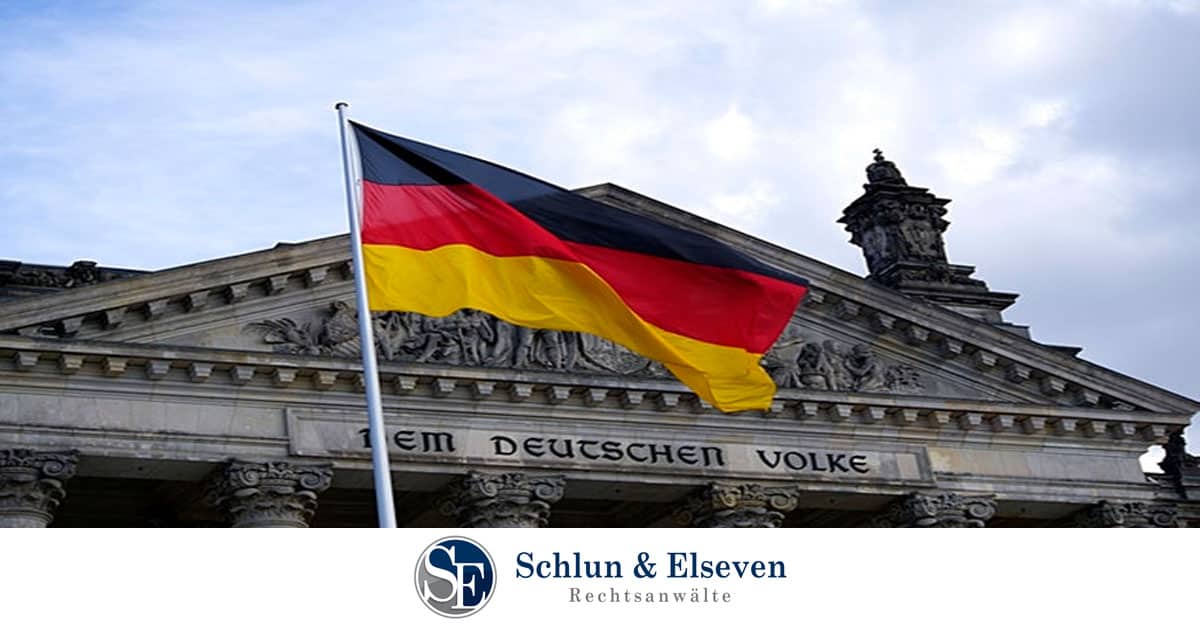Skilled personnel from non-EU countries already contribute considerably to the German economy. Beyond them, the German legislator intends to attract more highly skilled foreigners by means of a new law governing their immigration. While the German employment market seems attractive on first glance, many qualified prospects are discouraged by the complicated process leading to a residence permit. The new law seeks to simplify the immigration of highly qualified foreigners in the future. Efficient regulation and proper organization of said immigration is seen as pivotal.

If you have a particular issue or legal question concerning German Immigration Law, you can contact our law office anytime. Our lawyers for German Immigration Law can be reached by phone, email and also provide video conferencing options. For more legal information, please visit our Immigration Information Germany Center.
EU Blue Card: residence title for the purpose of employment
The EU Blue Card is currently the main residence title that allows highly skilled non-EU citizens to reside and work in Germany. To obtain this card, however, several requirements must be met. It must be proven that the applicant has obtained a University degree comparable to the respective German one. Furthermore, applicants must present an employment contract stipulating a minimum annual income of 52.000 EUR. Fulfilling these conditions often constitutes a considerable hurdle for many applicants. If, however, granted an EU Blue Card, the applicant can apply for an unlimited settlement permit only after 33 months.
New Law: Minimizing barriers for highly skilled personnel
For many non-EU applicants, it is highly burdensome to prove the equivalence of their educational achievement. The new law therefore aims at facilitating the recognition of foreign diplomas. Since the educational system in Germany differs considerably from those adopted in non-EU countries, it is crucial to minimize barriers for qualified prospects to have their different, yet adequate, education being recognized. It is intended to allow applicants to arrange the comparison of their education already from their country of origin. Furthermore, proving equivalence of the respective education will merely be required for a limited number of professions, such as doctors and lawyers. In the remaining professions, it will be sufficient to prove the existence of an employment offer in the field of the obtained higher education.
Conclusion: what does the new law imply?
To recap, the amendments to the current German immigration laws are based on the demand in Germany’s economy and place decisive weight on the applicant’s qualification. Whether or not a residence permit will be granted will depend on the non-EU citizen’s qualification, age, language skills and individual employment contract. Furthermore, it must be assured that the applicant will not need to resort to Germany’s social security scheme. While guaranteeing that only qualified applicants will obtain a residence permit in Germany, the new law will provide for a more attractive immigration process for those individuals contributing to the national economy.
Should you have any questions regarding this article or consider an integration for yourself, your family or your employees into the German employment market, feel free to contact the lawyers of Schlun & Elseven Lawyers, who will gladly assist you in your inquiry. We are happy to assist you in all matters involving immigration law and residence permits, from applications for the extension of residence permits, to family reunifications, to founding a business in Germany.


